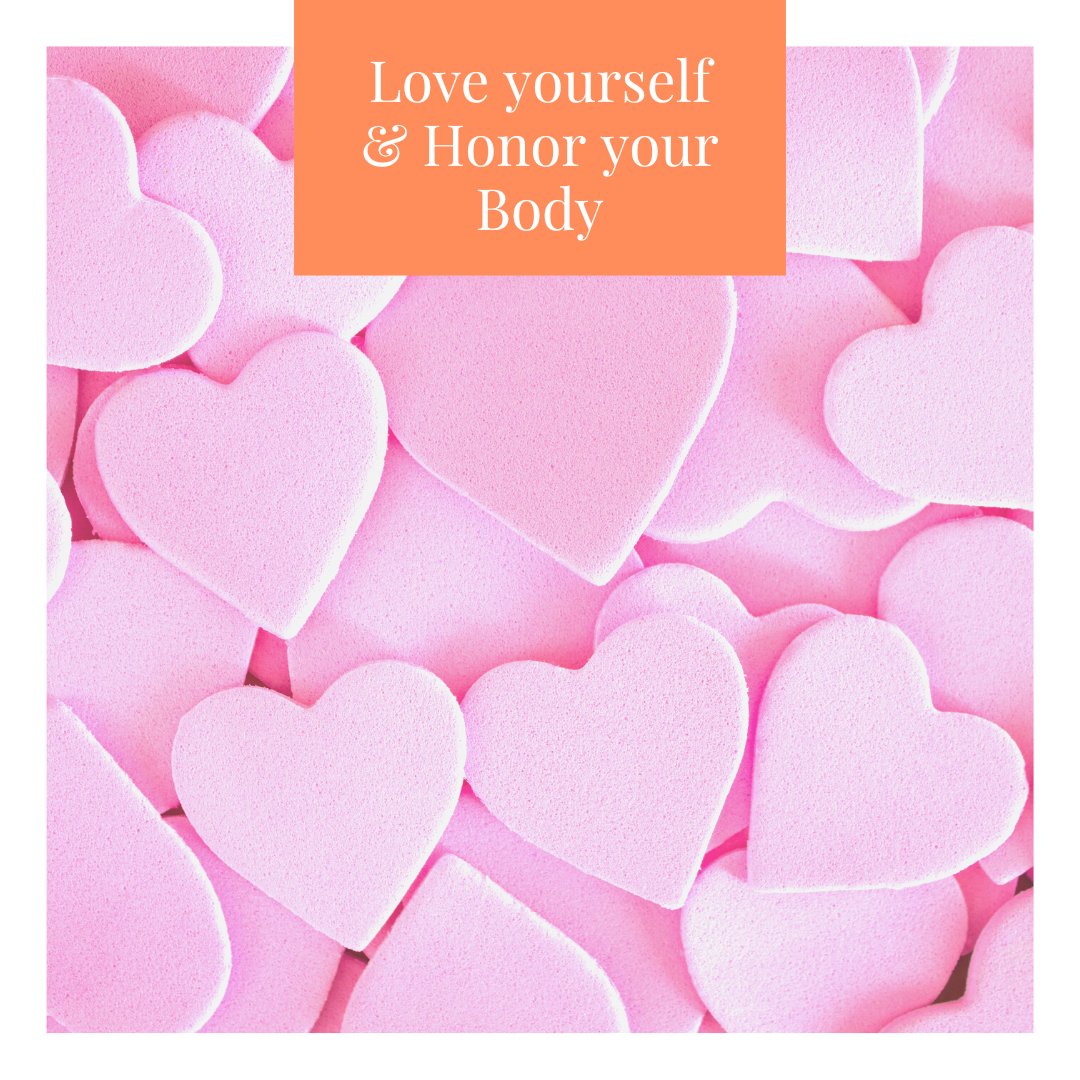Daily Breathing Practice

A daily breathing practice can be incredibly beneficial for both physical and mental health. It can improve lung function, reduce stress and anxiety, increase energy levels, and promote relaxation. By focusing on the breath and taking deep breaths daily, you can improve your mindfulness and overall sense of well-being.
To help make breathing part of your daily practice pick something that you do every morning. Stack it with a simple breathing practice. I like to have coffee in the morning; so, I have stacked my breathing practice with brewing coffee. If you’re a coffee or tea drinker, while that coffee is brewing or that water is heating up, you can use that time to focus on your breathing. If not, then find another ritual that you practice in the morning. Riding the bus into work or even just driving your car into work each day can be a perfect time to practice.
How you should breath
Many of us breathe a little bit higher in our chest. Our shoulders tend to rise up, and we are creating this fight or flight response in our body. It is important to practice fuller breathing, by ensuring that you are expanding your rib cage fully. Or you may be a belly breather. The problem with this is that you’re not expanding the ribcage in the back, which creates a lot of tension in that area and can affect the pelvic floor.
Practice 360 breathing
Let’s practice 360 breathing of our rib cage. Imagine your rib cage is like a jellyfish. When that jellyfish is moving through the ocean, it is opening throughout all sides evenly and closing back up together as well. That’s what we want our rib cage to do. Place your hands around your rib cage. Then relax your shoulders. Don’t grip your ribs, just nice and relaxed around them. Relax your shoulders so they’re not up near your ears. Breathe in and just see initially, what happens with your rib cage.
What did you notice? Did you notice one side, maybe the ribs in the front expanded more, maybe you didn’t feel that at all. Maybe what you felt was your shoulders rising up to the ears. If you are breathing higher up into your shoulders, you are in a sympathetic state. This is going to mean you’re more anxious. You may deal with high blood pressure, or heart palpitations. Make sure you really focus on this type of breathing to help bring yourself back down into the parasympathetic state so that you can start calming yourself down.
How breathing effects other things
The other thing is our diaphragm and our pelvic floor work in conjunction with one another creating a pressure system. If that is off due to posture and breathing, then we can have pelvic floor prolapse, deal with incontinence, have diastasis recti, or even have acid reflux issues, and low back pain. Therefore, it is important for us to make sure that we are practicing our breathing and getting it back into this 360-breathing pattern.
Once you have taken a deep breath in and you felt where your rib cage goes, I want you to try to redirect. This time try getting the back ribs to move into your thumbs. If you don’t have your hands wrapped around your ribs, you can also lean back in your chair wherever you are, and try to press your back into that chair when you take a deep breath in. You should feel a slight expansion when you do that, or even a crack in your back. The other thing that you want to work on is getting more movement through the sides of your rib cage as well. Again, this is a lot to focus on, but with practice you will begin to feel better.
Incorporating a daily breathing practice into your routine can have numerous benefits, including reducing stress and anxiety, improving focus and concentration, and promoting relaxation. Consistency is key, so try to set aside a few minutes each day to focus on your breath and reap the benefits of this simple yet powerful practice. If you want to dive deeper into breathing and or our programs on your core, try a week of our Membership FREE.
Other blogs you may enjoy:
Ideas for your Morning Routine
Breathing Helps with Lower Belly Pooch







